The new Toyota Yaris Hybrid fuel economy has received emphatic praise, claiming the What Car? True MPG Award with the best figures ever recorded in the magazine’s rigorous fuel consumption test.
It’s another independent validation of the leap in performance delivered by the fourth generation of Toyota’s self-charging hybrid electric system that powers the all-new hatchback, launched in 2020.
Read more Design features of the all-new Yaris
The technology significantly increases the time and distance the car can be driven in pure electric EV mode, with zero emissions and zero fuel consumption.
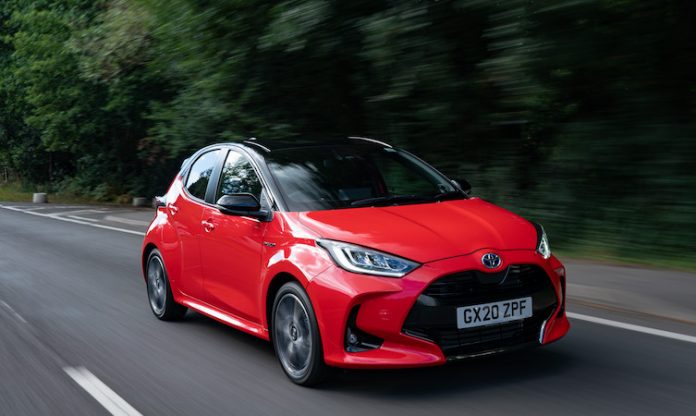
Commenting on Yaris Hybrid’s performance, What Car? Editor Steve Huntingford said: “Our True MPG test proves that the new Yaris Hybrid has a remarkable ability to sip fuel gently. In town, it achieved 80mpg – almost double the economy of conventionally powered small hatchbacks. And overall it’s the most efficient car we’ve ever tested, managing 59.3mpg.”
Yaris Hybrid fuel economy explained
Let’s highlight some of key components which contribute to the Yaris Hybrid fuel economy performance.
The car is equipped with a 1.5-litre hybrid engine from the same TNGA engine family as the 2.0-litre four-cylinder unit featured in the Toyota Corolla and Toyota C-HR. The new engine has a maximum output of 90bhp/68kW with a peak 120Nm of torque delivered at lower revs (3,600rpm).
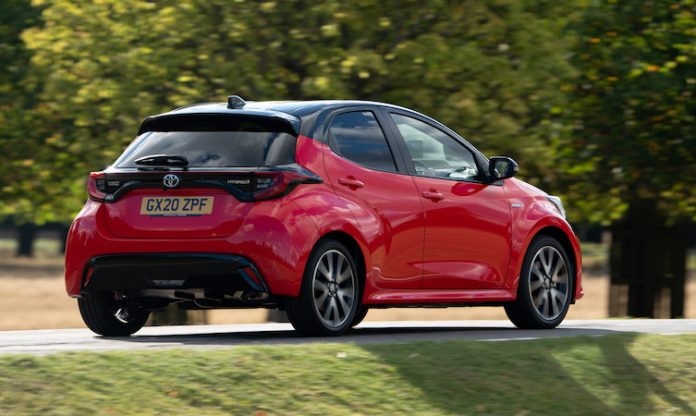
The transmission is a e-CVT automatic – an electric continuously variable transmission – which provides linear acceleration feel and quiet operation.
Read more Yaris Hybrid powertrain
The hybrid system in the new Yaris has two motor/generators – MG1 and MG2. MG2 is linked to the front wheels and can be used as the power source to drive the vehicle. The motor rpm at which power can be directed to the wheels determines the maximum speed at which the car can be driven in EV (electric vehicle) mode, making MG2 critical to the car’s drivability on electric power. MG1 is deployed to start the engine and to generate power to charge both batteries (hybrid and 12V).
The new Yaris adopts a lithium-ion hybrid battery, with voltage rising from 144 to 177.6V. The number of cells has been reduced, from 120 to 48. The current flow is significantly improved: by 100 per cent into the battery and 50 per cent out of it.
With a significantly higher power density, the battery is both smaller and lighter, by 12kg. Its compact dimensions allow it to be located beneath the rear passenger seat, together with the auxiliary battery, avoiding intrusion in the load space.
Lithium-ion battery technology is better able to supply current flow, which is key to the new Yaris having powerful EV performance in urban driving.
The all-new hybrid transaxle is more compact and lightweight, with the two motor generators placed on multiple shafts instead of being placed one behind the other, reducing the unit’s width by around 37mm. Motor/Generator 2 benefits from new segment-type coils on the stator, which makes the unit more compact.
Read more Safety and equipment features of new Yaris
It can deliver 59kW of power and 141Nm of torque to the front wheels at a maximum 17,000rpm. The key benefit is a major improvement in performance, so that the engine can be turned off and the vehicle run in all-electric EV mode at speeds up to 80mph/130km/h.
The transaxle also has a new oil pump, driven by the ring gear, which provides lubrication for both the gears and motor/generator 2.
The Power Control Unit has the capacity to handle 100A of current, boosting the 177V from the battery to 580V and using transistor control in the inverter to change the current from direct to alternating. The transistors’ efficiency is affected by heat control inside the unit; by arranging them vertically, they can be cooled on both sides, allowing for more accurate heat control and thereby a higher frequency of current switching – up to 10,000 times a second.
This makes a significant contribution to the system’s efficiency and transfer of power to the motor. The converter in the power control unit converts the 177V from the hybrid battery to 12V to power the car’s auxiliary components.
The power split device is the heart of the hybrid system, governing the interaction between the components. It enables the car to operate as a parallel hybrid with the motor/generator 2 powering the car alone, or in combination with the hybrid petrol engine.
For more information on the Toyota Yaris Hybrid, click here.
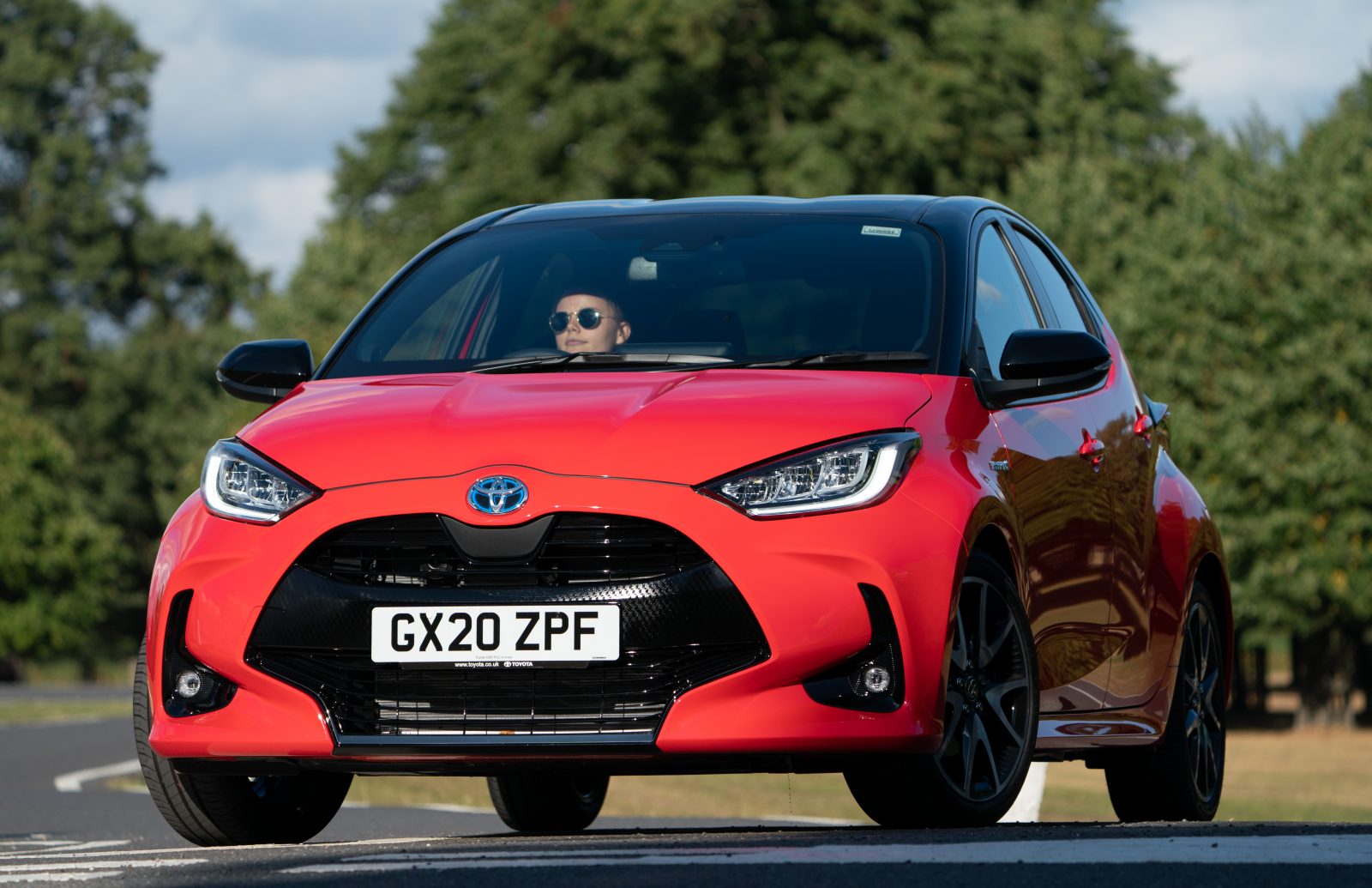
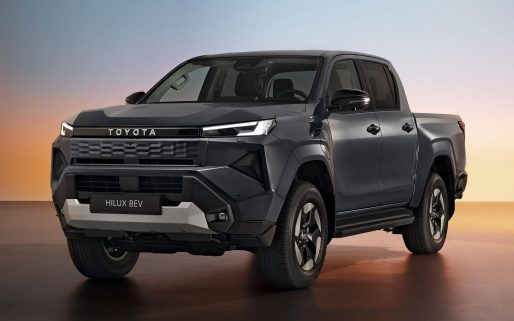

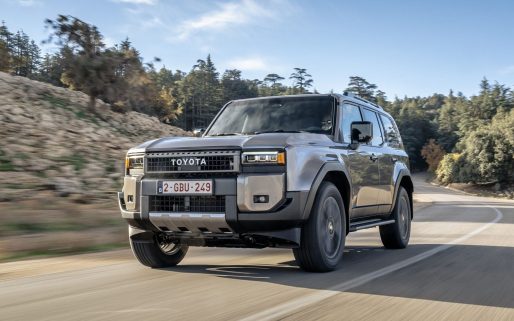
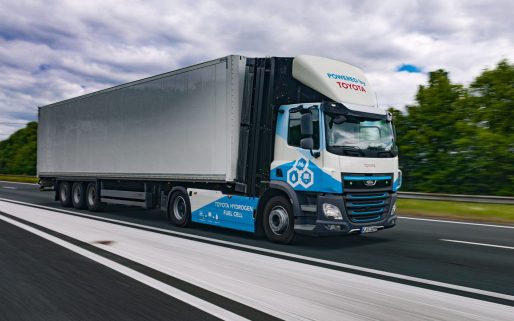
I have a 2019 yaris hybrid automatic
Never get 300 miles out of a tank
Averages 46mpg.
I’m putting £100 a week in petrol in.
It had the hybrid filter cleaned last week and no improvement in fuel economy.
Not impressed at all
My clio diesel gives much better economy
Hi Simon,
Thanks for your comment.
We are sorry to hear that you are not pleased with your Yaris.
There are lots of different factors which affect fuel economy.
Take a look at our Hybrid Driving Tips here – https://mag.toyota.co.uk/hybrid-driving-tips-for-best-fuel-economy/.
Thanks.
I have a 2023 Toyota Yaris. I can get 500 miles out of a tank. I’m currently averaging 77mpg since I got the car. The highest I’ve seen on one journey is 91.6mpg (this covered 35 miles of fast and slow roads). In recent years I’ve tried to stick to 60mph on fast roads. It makes an enormous difference to mpg, and you to your destination in very similar time. I have a 3 hour journey to see my children every 2 weeks. I’ve been doing this for 7 years now. Driving faster saves me 30 min at best, but decimates my mpg.
I have a yaris hybrid 2016, 45k milage. Service reminder light sometimes turns on and when the car get switch off and engine is cold, turns off. I did full service last month but still has this problem. And my car’s MPG is dropping down since this problem has occurred. Have you any idea what’s the fault?
Hi Meto, thanks for your comment.
We are sorry to hear that you are experiencing issues with your vehicle.
Please contact your Toyota Centre regarding this so that they can inspect the issue.
Thanks.
Got a Yaris hybrid 2023
First tank of fuel got 450 miles very impressive . And more impressive did not realise how small the tank is only £44 to fill back up .
Well pleased 😀
Hi Fred, thanks for sharing this with us.
We wish you many more happy and economical miles in your Yaris!
Thanks.
Had my Yaris 2 weeks now,it had 940 miles when I bought it done 450 miles so far at 73 mpg its not perfect but it is doing what I want,the big snag is insurance twice as much as my Duster was,and Gap insurance needed because of complexity in an accident etc,in the long term my running costs are probably higher in the Yaris than the Duster the only benefit being peace of mind environment wise.
Hi Walter, thanks for your comment.
We value your feedback greatly and will pass this onto the relevant teams.
Thanks.
Just worked out my mpg with a July 2022 model. It’s low mileage as I am a pensioner who visits son fortnightly, about 40 miles each way and local shopping only.
I have clocked up 4883 miles at 61.15 mpg.
Little gripe, dashboard says I’m doing 68mpg.
I have the Launch Edition. Orpinton to Bognor Regis M20,M25,M23 at 70mph on cruise and some country lanes at 40-60 on cruise. Ave 68mpg. Then drove over to Peacehaven and by this time the same Ave was up to 72mpg. Drove home later in the evening on cruise control 60. Then final section from M25 exit to Orpinton I managed to get this run home of about 5 miles on 90% electric at 30-40mph. When I got home it was showing 72.1 Ave. The car had myself and 1 adult passenger and tank was full.